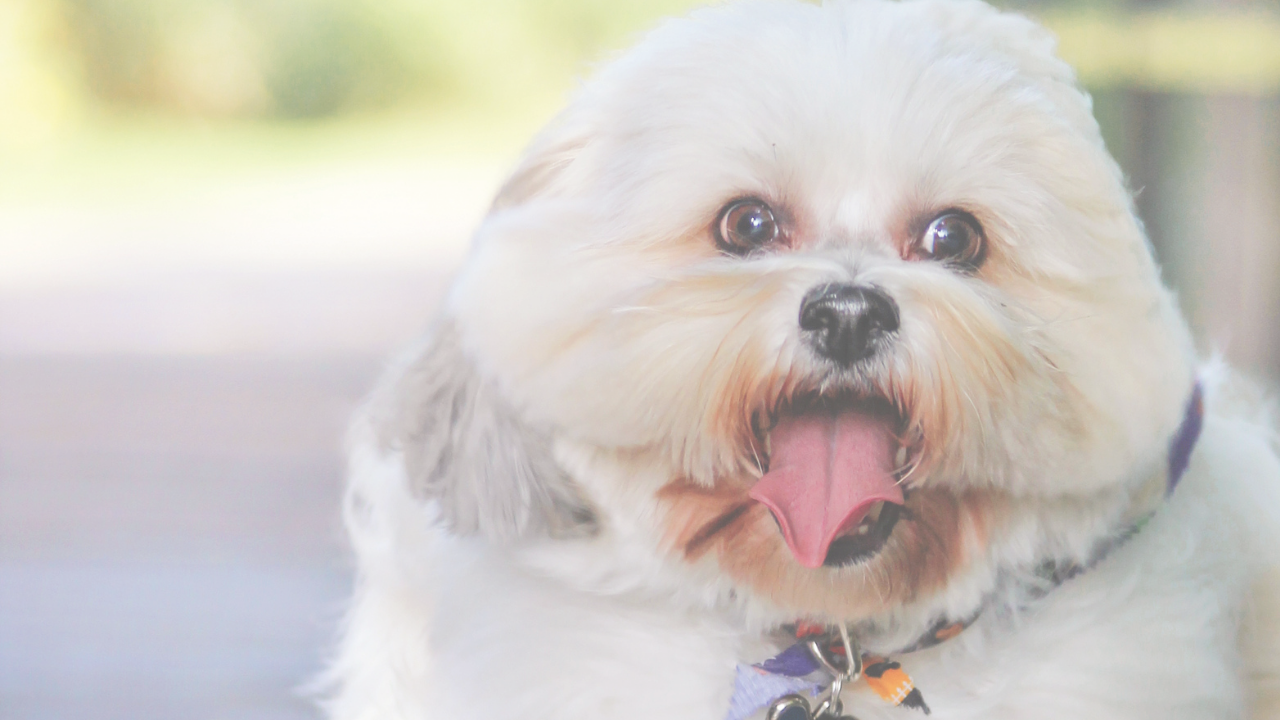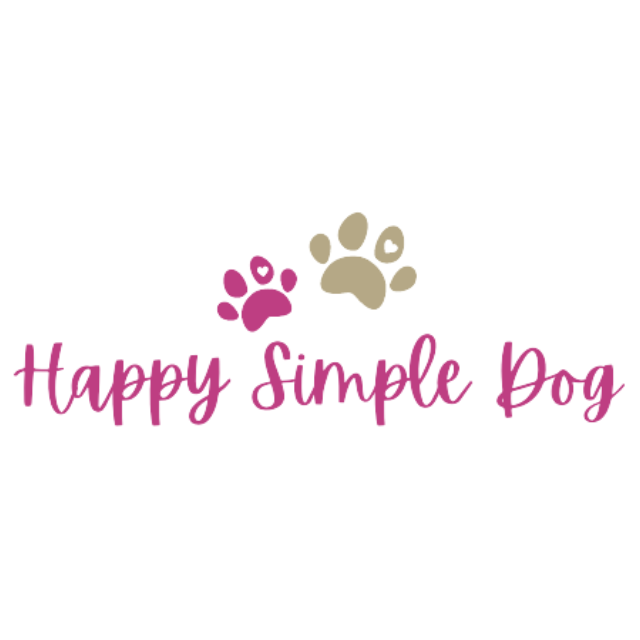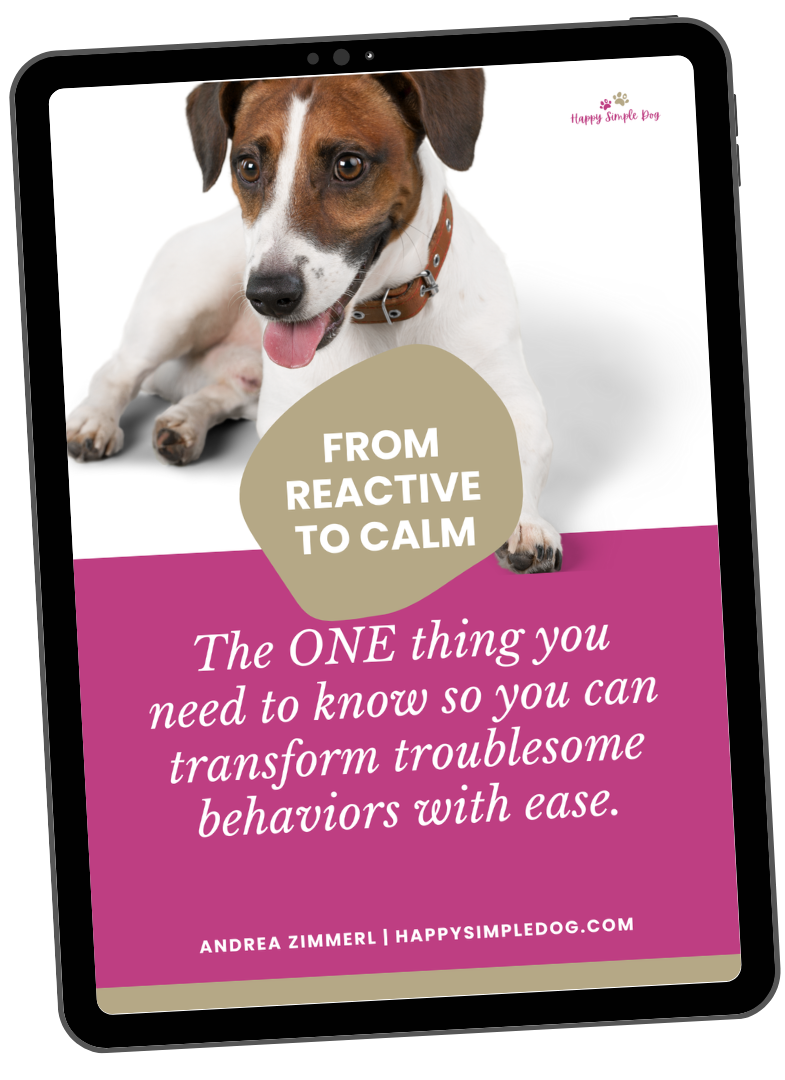How To Transform Your Dog's Reactivity With Games For The Better - 5 Things You Can Do Right Now
Mar 25, 2022
Many dog owners like you are frustrated with their dogs' lack of controlled and appropriate reactions to unfamiliar people, scents, or places. This can be a real problem, both in the short term at home with your family and also while out on walks.
To start your pup off right, you need to play a few games to help understand what triggers negative behavior in dogs.
Luckily, there are many things you can do to help your dog overcome this reactivity. In this blog post, we will discuss five games that you can play with your dog right now to help improve their reactivity.
What is Reactive Aggression in Dogs?
Reactive aggression is a defense mechanism that dogs use when they feel threatened. This type of aggression is characterized by an immediate and intense response to a stimulus. It is often unprovoked and can be directed at people, other animals, or inanimate objects.
Many things including: can trigger reactive aggression
- Unfamiliar people or animals
- Sudden movements
- Loud noises
- Changes in environment or routine
While reactive aggression is a normal part of a dog's defense mechanisms, it can become a problem when directed at people or other animals that pose no threat. This can lead to dangerous situations for both you and your dog.
There are many reasons why a dog may become reactive. It could be due to genetics, early life experiences, or even just how they were socialized as a puppy.
Whatever the cause, it is important to understand that your dog's reactivity is not their fault. With patience and training, you can help your dog overcome their reactivity and live a happy and safe life.
Signs of Reactive Aggression
Dog owners think their dog might be aggressive, but it may have other causes. So, what are some signs of aggression?
Some of the specific effects of a reactive dog include:
Aggression towards You: Dogs may show aggression towards humans to protect themselves when they feel like they are being threatened. Some breeds of dogs, such as Dobermans, will automatically attack when you enter the room.
Avoidance: Your dog will try to get away from unfamiliar people, places, or things. This may mean that you cannot take your dog for walks where there are other dogs. Or, it might mean that you need to teach your dog that jumping on people is not appropriate.
Destructive Acts: Dogs will bite other animals, such as cats or smaller dogs and humans. Many of these bites are not serious. So, your dog may bite or even kill something and be fine. On the other hand, you may get a bite that causes some damage to the dog's mouth or gums. This could be extremely painful and scary for your dog.
Fearfulness: This can also affect your dog's ability to get along with family members and pets. Your afraid dog may show signs of aggression because of its fear. For example, your dog may growl or bite when another dog tries to approach or walk past.
Games to Help Improve Your Dog's Reactive Aggression
The best way to help your dog overcome reactive aggression is through positive reinforcement training. This type of training uses rewards, such as treats or praise, to encourage desired behaviors.
There are many different games that you can play with your dog to help them overcome their reactivity. These games will help your dog learn how to control their reactions and respond appropriately to stimuli.
Here are five games that you can play with your dog right now:
1- Ball Tossing Game
You can play the ball-tossing game with your dog to help them learn how to be comfortable with new people, places, and things. The goal is to help your dog learn how to relax with new stimuli.
You will toss the ball in front of the dog and let it catch it. If they catch it in their mouth, praise them and toss another ball.
Once they catch the ball in their mouth, you can start playing with them— rewarding every time they catch the ball. This will teach them to use their mouths for catching instead of biting.
2- How to Leave a Place
Use the how-to leave a place game to help your dog learn how to use their growls appropriately. This game involves you giving treats or praise while the dog is in a new place.
Once they have left the place, give them treats or praise and repeat the process until they have repeated this several times. Over time, you can slowly increase the number of places you are offering dogs treats or rewards.
3- How to Wake Up
Use the How to Wake Up game to teach your dog to wake up after being startled. This game is great for teaching dogs to relax when they feel threatened.
This can be accomplished by giving your dog treats or praise while sleeping. As your dog becomes more comfortable with the process, you can increase the number of times you offer them treats or other positive reinforcement.
Once they have mastered this and become comfortable, it is time to start practicing how they should wake up when they are scared.
4- How to Relax
The How to Relax game can be used to help your dog learn how to relax after being startled. The idea behind this game is that you will give your dog treats or praise when they are in a relaxed position.
You can do this by giving them treats or praise as soon as you see them begin relaxing. Once they are more comfortable with the process, you can gradually increase the number of times you offer them treats or rewards.
5- How to Walk On a Leash
You can play this game to help your dog learn how to walk calmly on a leash. This is important for helping them overcome their fear of other dogs and people that can trigger their reactivity.
You will first use treats or positive reinforcement to help your dog learn how to walk on the leash. Even if they are walking nicely, you can give them treats to help reinforce the behavior.
Over time, you will gradually increase the number of steps your dog takes on the leash before giving treats or rewards.
The Bottom Line
Reactive aggression is a type of aggression that some dogs show. It can be caused by genetics, early life experiences, or socialization as a puppy. Whatever the cause, it is important to understand that your dog's reactivity is not their fault. With patience and training, you can help your dog overcome their reactivity and live a happy and safe life.

